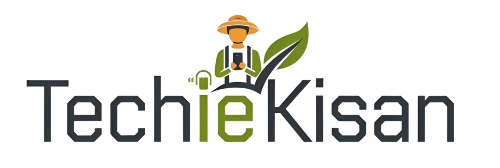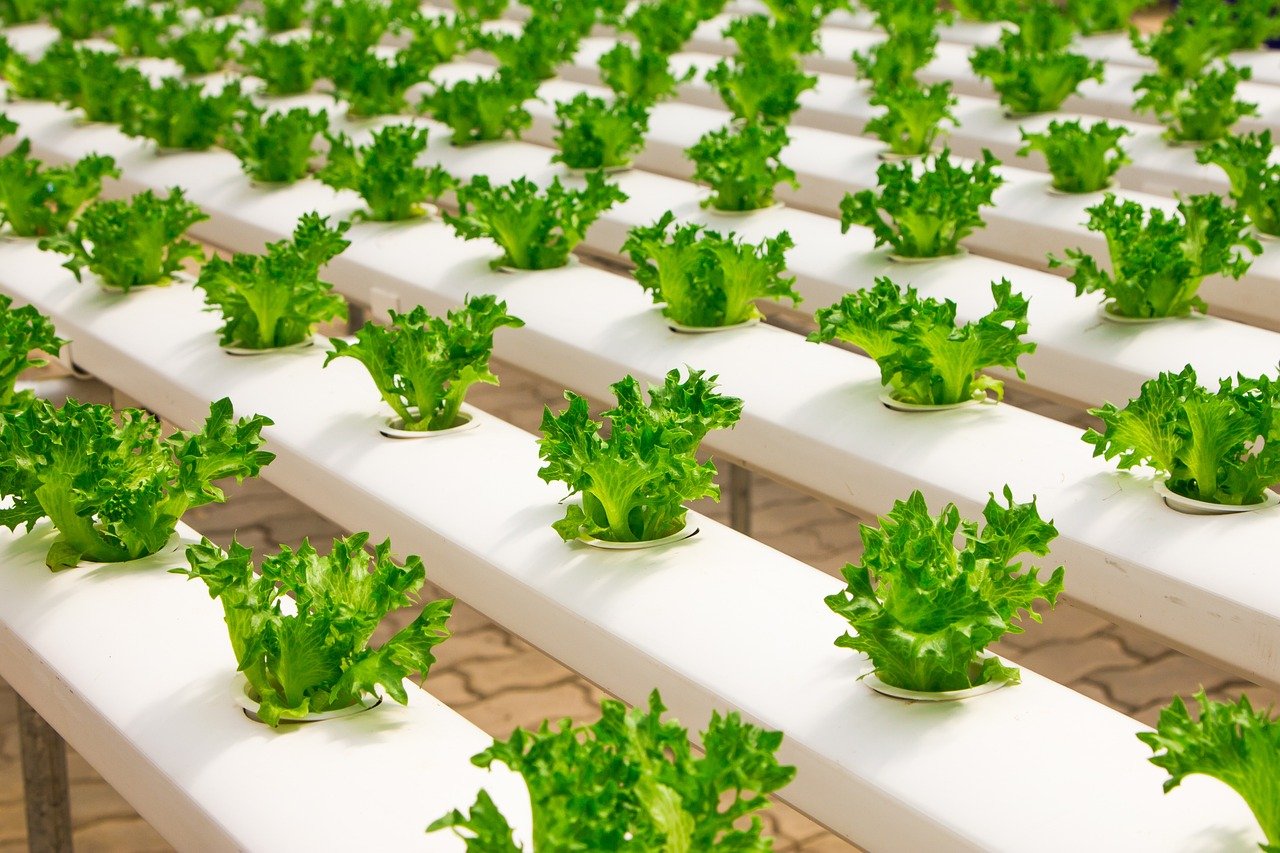In today’s world, agriculture faces many challenges. Traditional farming methods often rely on
large amounts of water, space, and chemicals to grow crops. However, hydroponics offers a
revolutionary solution to these problems, making it the farming of the future. Hydroponic farming
is a method of growing plants without soil, using nutrient-rich water instead. This innovative
technique has the potential to change how we grow fresh vegetables and other crops, providing
a more sustainable and efficient way to feed the world.
What is Hydroponic Farming?

Hydroponic farming is a modern agricultural technique where plants grow in water that contains
essential nutrients. Unlike traditional farming, hydroponics doesn’t require soil. Instead, plants
get their nutrients directly from the water, which is carefully monitored to provide the perfect
growing conditions. This method allows farmers to grow crops faster, use less water, and avoid
the use of harmful chemicals. Fresh vegetables like lettuce, spinach, and tomatoes thrive in
hydroponic systems, making it a popular choice for growing healthy, chemical-free produce.
Benefits of Hydroponic Farming
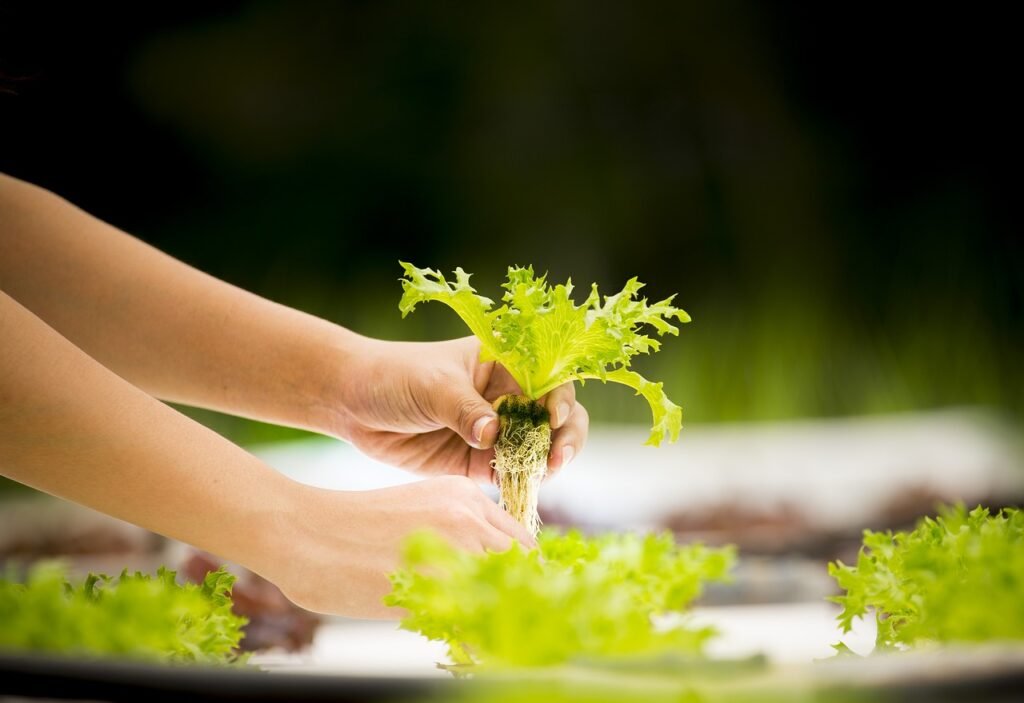
Hydroponics offers numerous benefits compared to traditional agriculture. These include:
- Efficient Use of Water: Hydroponics uses up to 90% less water than traditional farming.
The water in a hydroponic system is recirculated, so very little is wasted. This makes it
ideal for areas with limited water resources. - Faster Growth and Higher Yield: Plants in a hydroponic system grow faster because
they receive nutrients directly. This leads to higher yields of fresh vegetables in a shorter
amount of time, making hydroponics an efficient way to grow food. - No Soil Needed: Since hydroponics doesn’t require soil, it can be done in urban areas,
rooftops, or even indoors. This opens up new possibilities for agriculture in cities and
other non-traditional farming locations. - Chemical-Free Farming: Hydroponic farming eliminates the need for pesticides and
herbicides. This means the vegetables grown are fresh and free from harmful chemicals,
providing healthier options for consumers. - Year-Round Farming: Hydroponic systems can operate in controlled environments,
such as greenhouses. This allows farmers to grow crops all year long, regardless of
weather conditions.
Hydroponics and the Future of Agriculture
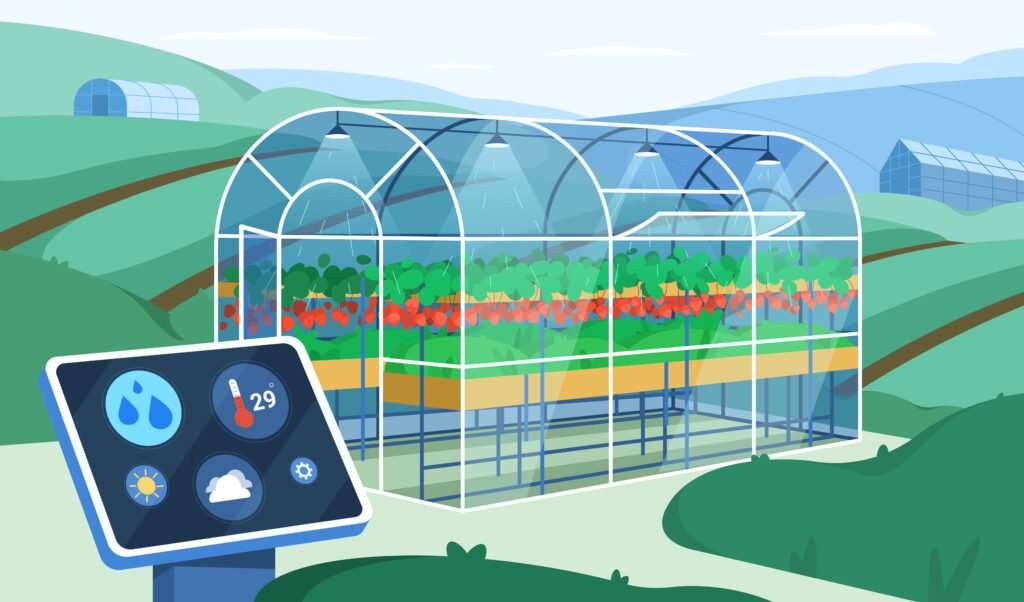
As the global population continues to grow, the demand for food will increase. Traditional
farming methods may struggle to meet this demand due to limited resources like water and
land. Hydroponic farming offers a sustainable solution. By using less water and space,
hydroponics can produce fresh vegetables efficiently, even in densely populated areas.
Furthermore, hydroponic farming reduces the environmental impact of agriculture. It minimizes
soil degradation, water pollution, and the use of harmful chemicals. By adopting hydroponic
techniques, farmers can contribute to a greener and healthier planet.
Fresh Vegetables Without Chemicals
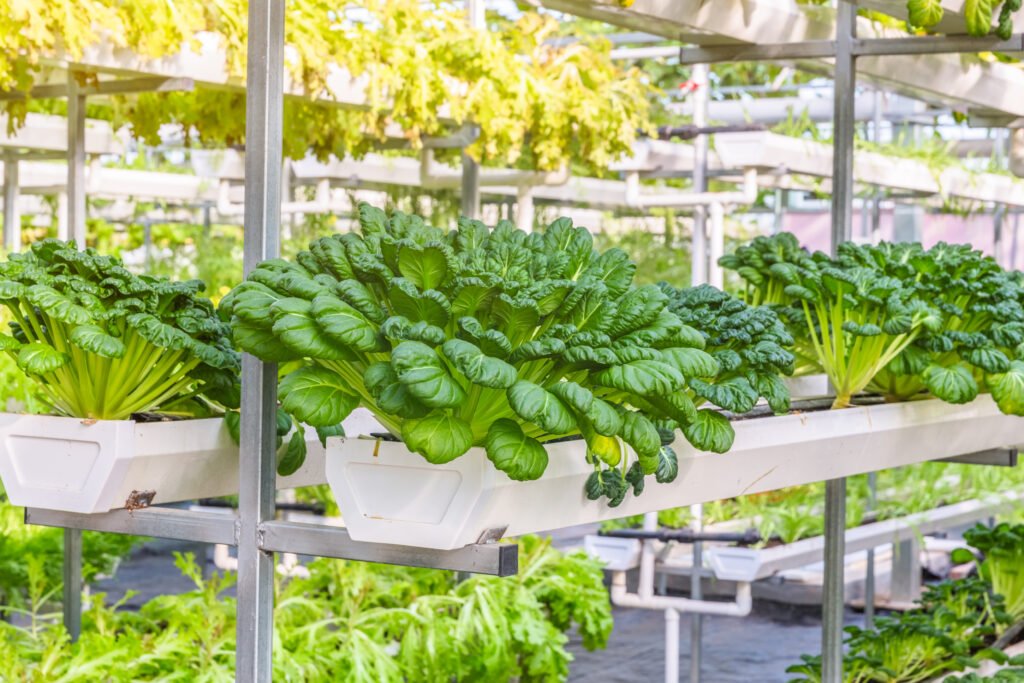
One of the biggest advantages of hydroponics is the ability to grow fresh vegetables without
chemicals. Traditional farming often relies on pesticides and fertilizers, which can leave harmful
residues on produce. Hydroponic systems, on the other hand, use clean water and controlled
nutrients, ensuring that the crops are safe and healthy to eat. Consumers can enjoy fresh,
chemical-free vegetables that are not only better for their health but also taste better.
Conclusion:
Hydroponics is truly the farming of the future. With its ability to grow fresh vegetables without
soil or chemicals, it offers a sustainable and efficient alternative to traditional agriculture. As
more people become aware of its benefits, hydroponic farming is set to play a crucial role in
feeding the world’s population while protecting the planet. By investing in hydroponics today, we
can ensure a healthier and greener tomorrow. Whether you’re a farmer looking to innovate or a
consumer seeking fresh, chemical-free produce, hydroponics is the way forward. It’s time to
embrace the future of farming.
